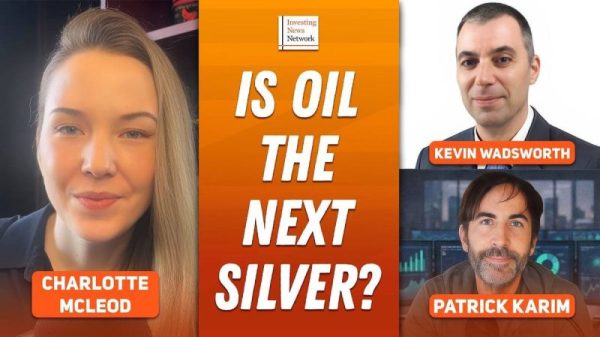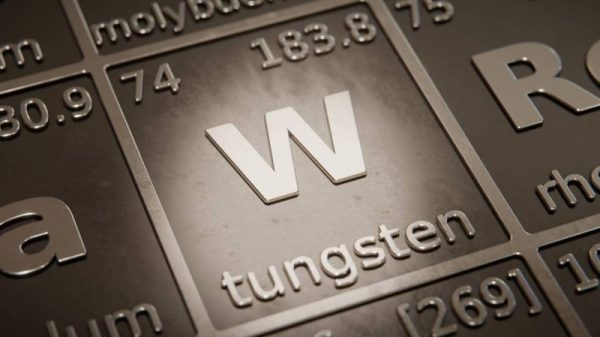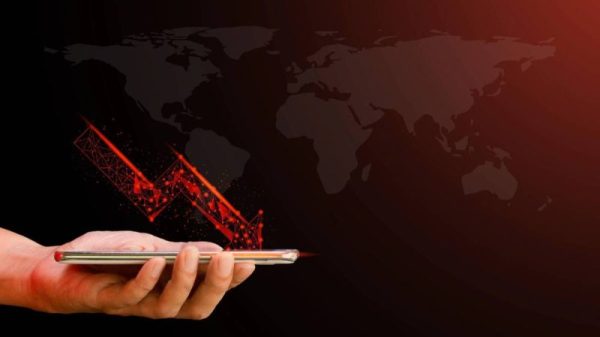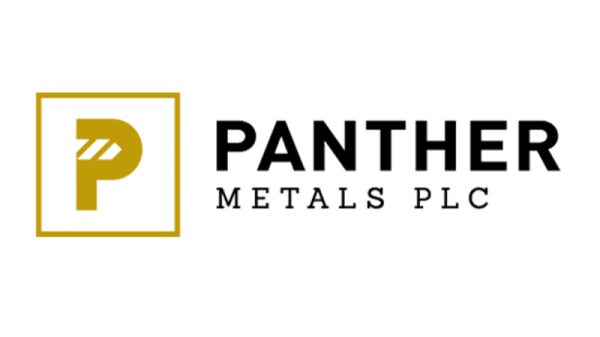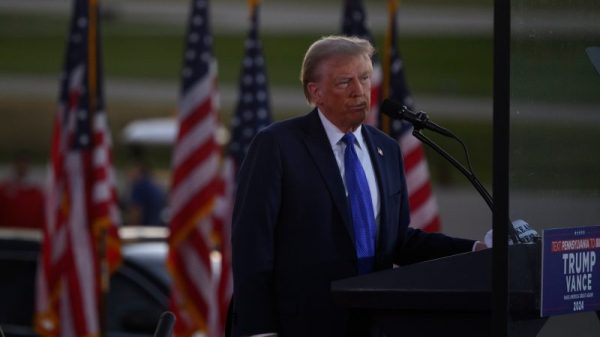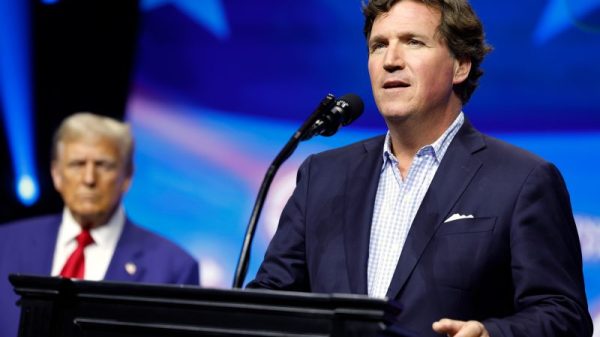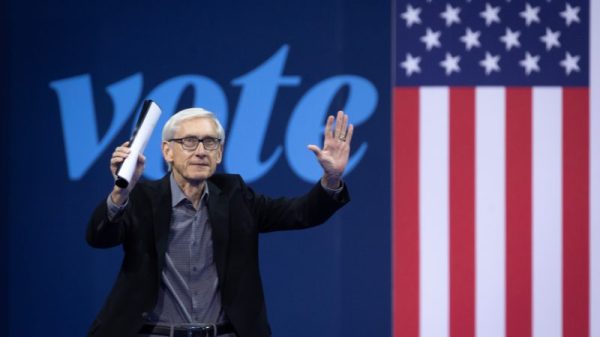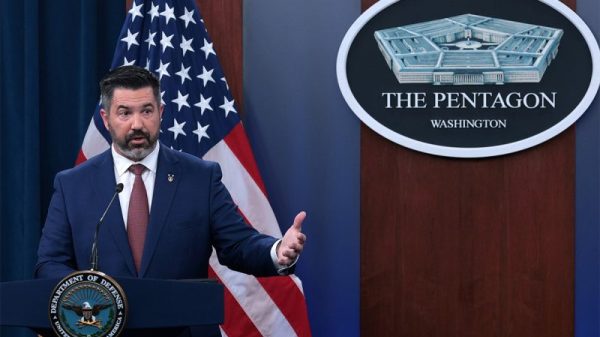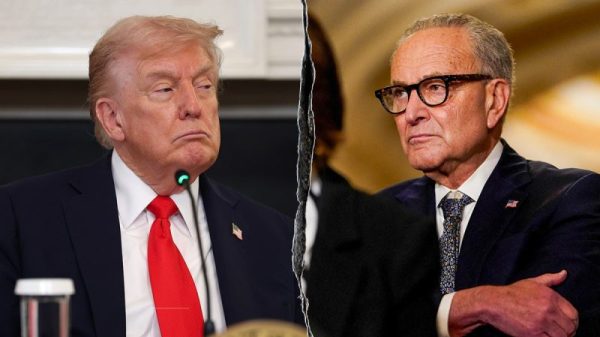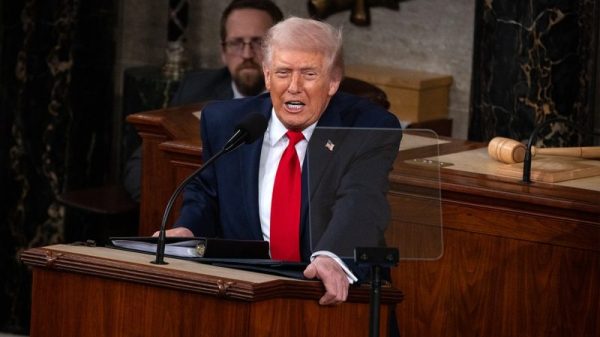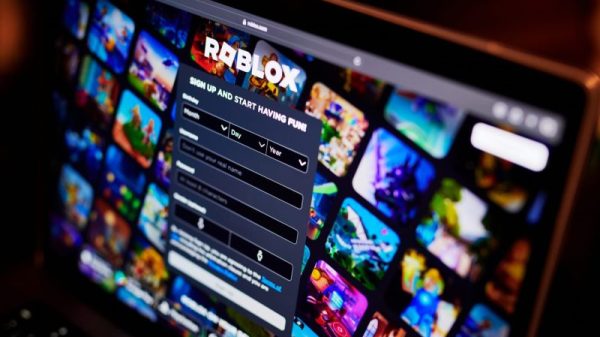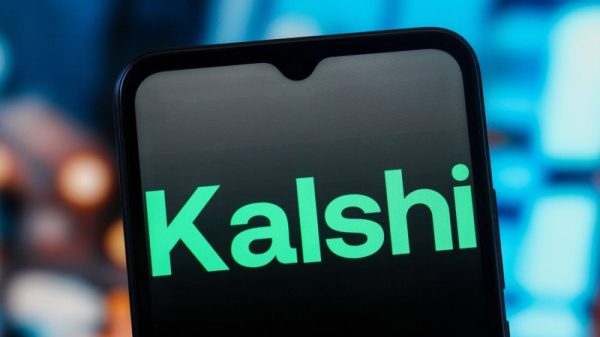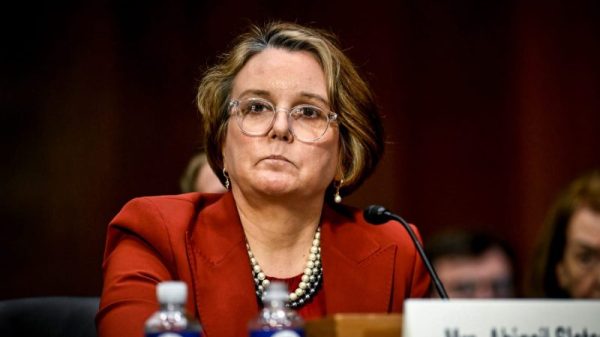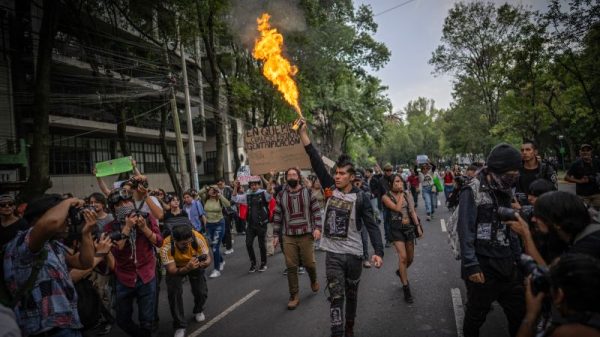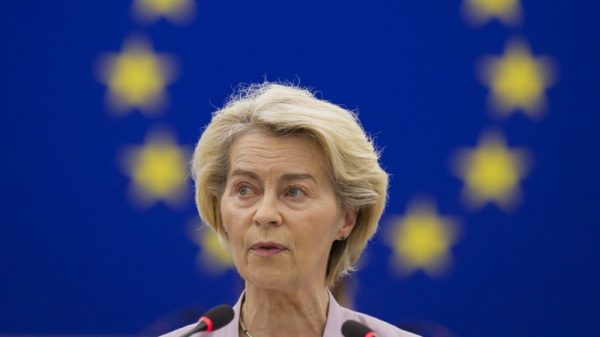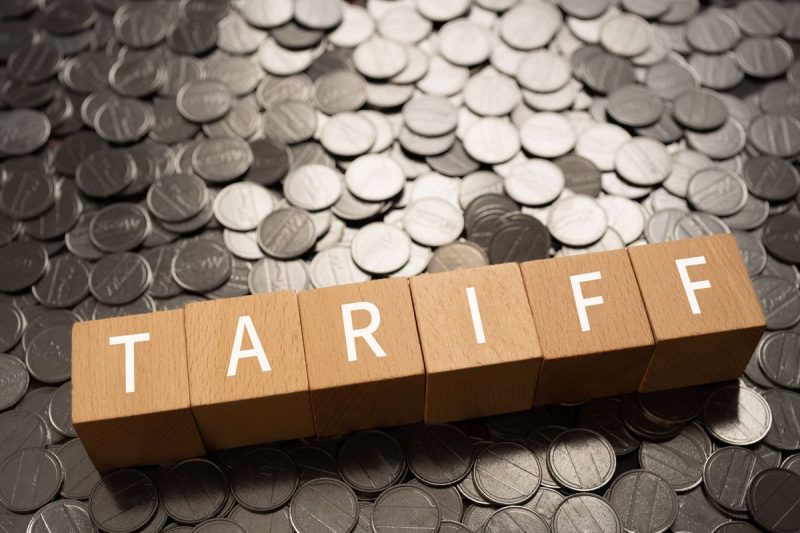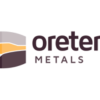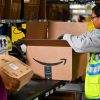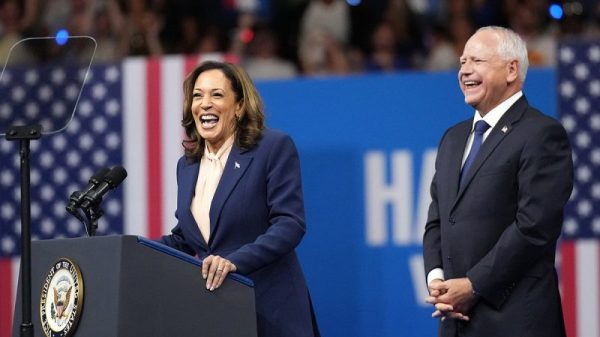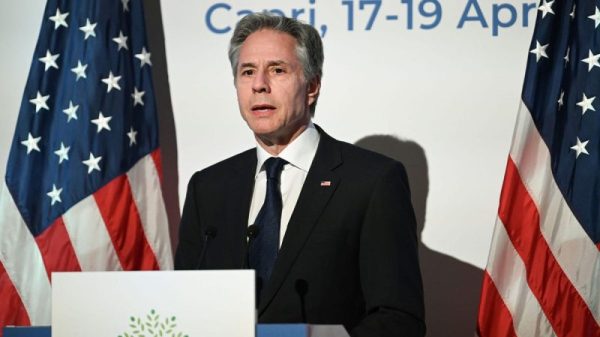The US government has imposed a 93.5 percent anti-dumping tariff on battery-grade graphite imports from China, targeting what officials have described as unfairly low-priced shipments.
They claim domestic producers have been undercut, and have cited concerns over critical minerals dependence.
The US Department of Commerce announced the duty on Thursday (July 17) after an investigation prompted by from US manufacturers, who argued that Chinese producers were flooding the market with underpriced graphite.
The new duty, when combined with existing countervailing tariffs, raises the total effective rate to around 160 percent, according to the American Active Anode Material Producers (AAAMP), the coalition that filed the complaint.
The move affects roughly US$347 million worth of Chinese graphite imports, according to commerce department estimates, and comes as US policymakers scramble to secure critical mineral supply chains.
“Commerce’s determination proves that China is selling [active anode material] at less than fair value into the domestic market,” Erik Olson, a spokesperson for AAAMP, said in a Thursday press release.
The department said final rulings on both anti-dumping and anti-subsidy investigations will be announced by December 5.
A separate ruling in May placed a 6.55 percent preliminary countervailing duty on most Chinese producers, but singled out Huzhou Kaijin New Energy Technology and Shanghai Shaosheng for exceptionally high rates — 712.03 percent and 721.03 percent, respectively.
Graphite’s importance draws new scrutiny
While graphite rarely draws headlines like lithium or cobalt, it comprises up to 50 kilograms of every electric vehicle (EV) battery, forming the anode — a component as essential as the more widely discussed cathode.
China accounts for roughly 95 percent of global anode production, according to data from SNE Research.
Imports from China represented two-thirds of the 180,000 metric tons (MT) of graphite products shipped to the US in 2023, BloombergNEF data shows. Industry analysts say the new duties could significantly reshape market economics — especially for foreign battery suppliers that serve US automakers.
Supporters of the decision, including domestic producers and some lawmakers, argue the tariffs are a long-overdue corrective measure to level the playing field and stimulate US production.
“The decision today underscores the strategic importance of building a domestic supply chain for critical minerals, including synthetic graphite, in North America,” said Michael O’Kronley. “It affirms our business strategy as well as the diversification strategy of our customers to source critical battery materials and components locally.’
O’Kronley is CEO of Novonix (ASX:NVX,NASDAQ:NVNXF), which is building one of the largest synthetic graphite facilities in North America with support from a US$750 million US Department of Energy loan.
Westwater Resources (NYSEAMERICAN:WWR), which is constructing a graphite plant in Alabama, said the ruling provides the policy clarity and market signals needed to accelerate domestic graphite production.
“These two rulings by the DOC are distinct from legislative-driven global trade tariffs,” said Chief Commercial Officer Jon Jacobs in a statement of support. “They reflect long-term support for US-based graphite production.”
The company expects to produce 12,500 MT of graphite in 2026 and ramp up to 50,000 MT annually by 2028.
Despite efforts to boost local production, US automakers and battery makers warn that domestic graphite supply remains years away from meeting commercial demand — either in scale or purity.
In filings with the commerce department, Tesla (NASDAQ:TSLA) cautioned that US producers have yet to demonstrate the technical ability to deliver the quality needed for EV batteries. Panasonic (OTC Pink:PCRFF,TSE:6752) echoed similar concerns, and both companies opposed the tariff earlier this year.
This leaves companies with a difficult choice: pay sharply higher prices for Chinese imports or risk shortages from an unproven local market.
Trade frictions add to supply chain strain
The timing complicates matters further. Just days before the US tariff announcement, China finalized new export controls on key battery technologies, including those used in lithium iron phosphate (LFP) cells — an area where China leads globally. The combination of trade restrictions on both sides is stoking fears of a wider resource standoff.
For US automakers, the downstream pressure is immediate. The tariff could wipe out up to 20 percent of the value of production tax credits under the Inflation Reduction Act, while added import costs may ripple through the supply chain.
Higher battery costs could also push EV sticker prices further upward, straining affordability and slowing adoption.
But experts caution that breaking China’s dominance in graphite will not be quick or easy. According to the International Energy Agency, developing alternative supply chains for battery materials could take years, if not decades — especially given the high purity and consistency required in EV-grade materials.
Still, supporters argue the short-term pain is worth the strategic payoff. “It’s a very strong signal that they are intent on fostering an ex-China supply chain,” Ben Lyons of Jarden told the Financial Times.
Securities Disclosure: I, Giann Liguid, hold no direct investment interest in any company mentioned in this article.


